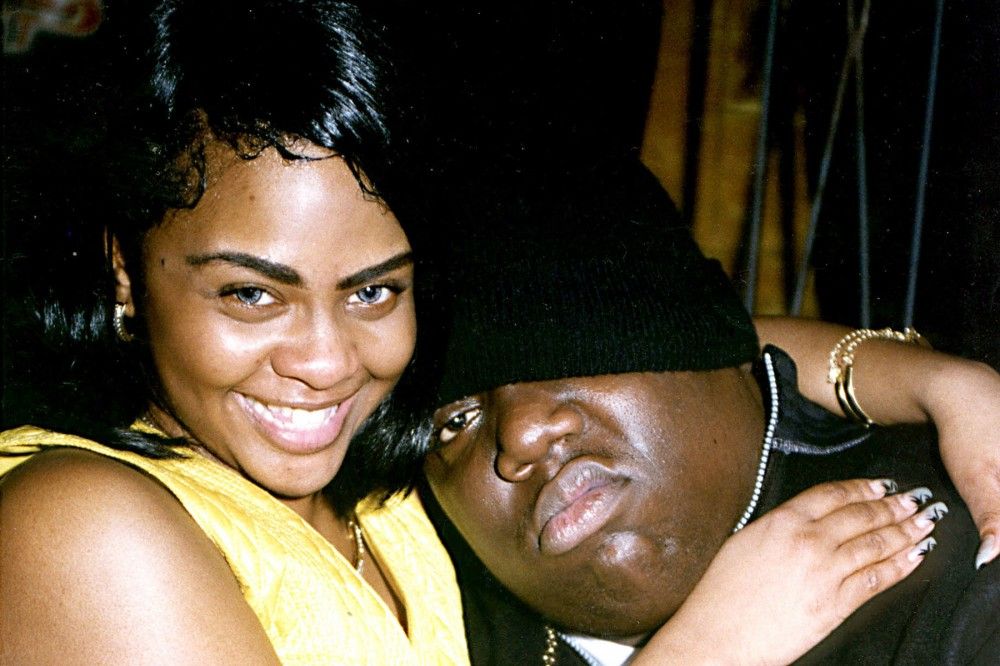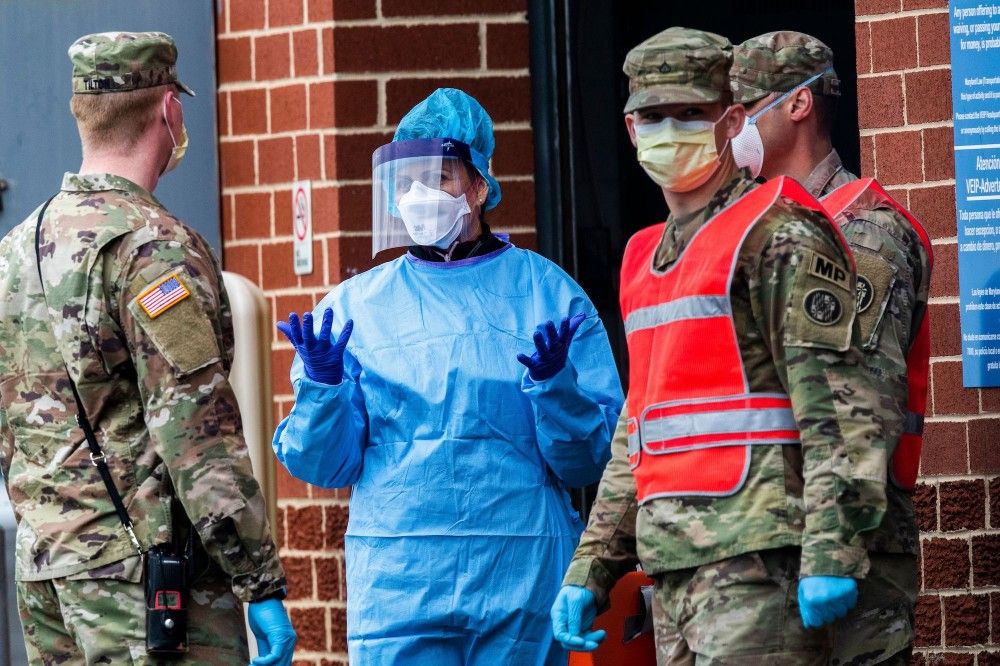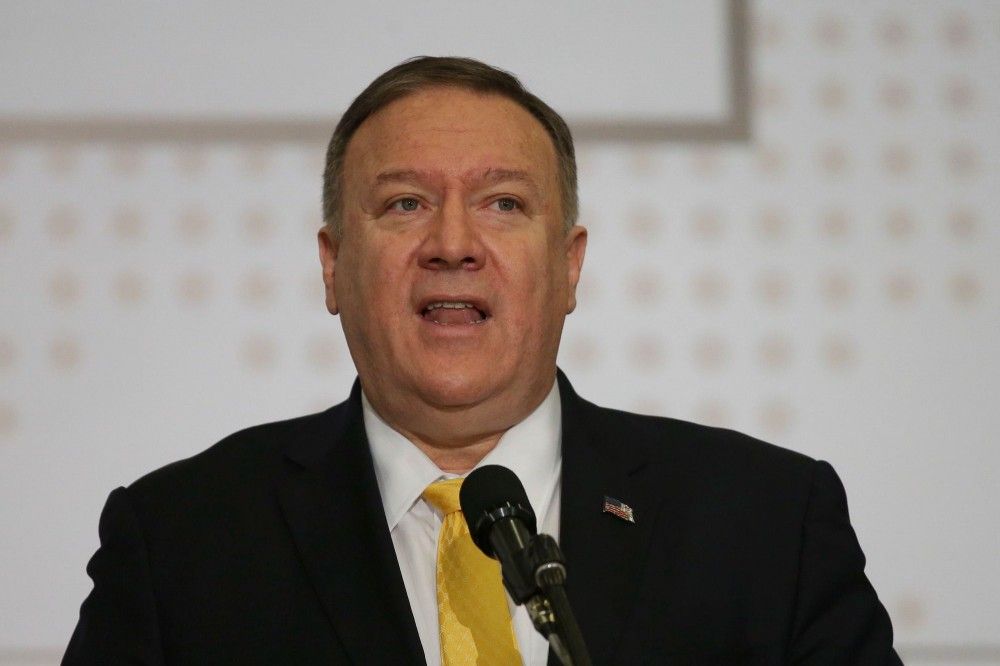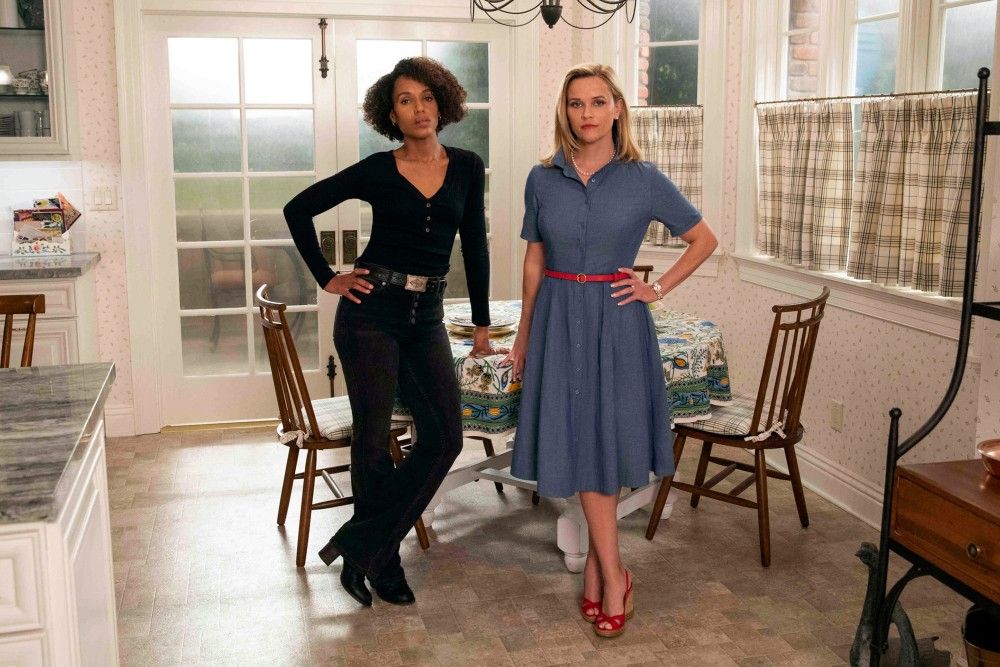
Flashback: The Notorious B.I.G. Rhymes as Lil' Kim in 'Queen Bitch' Demo
In late 1995, Carlos Broady was an aspiring producer from Memphis when his girlfriend pushed him to submit beat tapes to five production companies. One of the tapes ended up in the hands of Nashiem Myrick, a New York producer who had previously worked with Sean “Diddy” Combs on Mary J. Blige’s second album, My Life. Broady and Myrick traded beat tapes for a bit, until Broady got a call that would change his career.
“A week after I sent him one tape, he called me back and said, ‘Yo, Biggie picked two of your beats. You gotta come to New York,’” Broady tells Rolling Stone from his Memphis home. “I went from Memphis to New York, getting off the plane, straight to the studio. I’m freakin’ starstruck by Notorious B.I.G.] telling me I got some shit.” Following the phenomenal success of his debut Ready to Die, Notorious B.I.G. was considering one of Broady’s tracks — a piano-led beat anchored by a sample of Roberta Flack’s 1969 cover of Leonard Cohen’s “Hey, That’s No Way to Say Goodbye” — for a future album and paid him $3,000 for the instrumental.
Broady says Diddy rejected the beat for Biggie’s own album, but Biggie liked it so much, he wanted to use it for a new rapper named Lil’ Kim. One week after Broady and Myrick completed the instrumental, Biggie had recorded a rough draft of what would become “Queen Bitch,” a standout track for Lil’ Kim, who, at the time, was still a year away from releasing Hard Core, her debut album. “I called him back and got his pager message, and it’s him wilin’ over the beat,” Broady says, laughing. “Just imagine the excitement that the first beat you lay down has Notorious on it rhyming on his answering machine. I tried not to call it too many times, but I couldn’t help it.”
Months would pass before Broady — who by then became a full-time member of Diddy’s in-house production team the Hitmen — would work on the track some more. An early version featured Aaliyah on the hook, but Broady, spurred on by Biggie, sampled and scratched Kim’s vocals from “Back Stabbers,” a track off of Junior M.A.F.I.A.’s Conspiracy album, released the previous year, for the final hook.
The track’s original demo remains one of Biggie’s more unusual curios, as the rapper rhymes about “shopping Bloomingdale’s for Prada bags” and getting “buffoons eating my pussy while I watch cartoons.” The demo’s as-yet-recorded chorus consists of Biggie mumbling a placeholder melody for the future track, with the rapper appearing on a few lines of the final version.
Hard Core, propelled by singles “Crush on You,” “No Time,” and “Not Tonight,” would go on to sell more than 5 million copies worldwide, with Kim’s fearlessness and empowerment influencing a generation of rappers. (In 2016, she told XXL that “Queen Bitch” was one of her favorites on the album.) Notorious B.I.G.’s final album, Life After Death, would come out four months later, two weeks after his death.
“You know what? I’ve never paid it any attention,” Broady says, laughing, about Biggie spitting female-centered lyrics. “I was just so excited to hear his voice on my beat, it didn’t matter what he said.”



